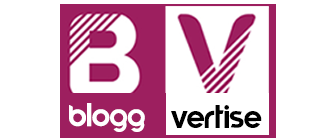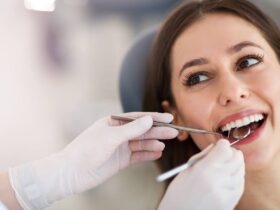Rehabilitation Center: Drug, alcohol addiction, or substance use disorder (SUD) affects millions every year. It is essential to know that understanding the causes and consequences of this cycle of addiction can be your first step toward recovery.
Alcohol that includes many forms like beer, wine, and local liquor, eventually slows down the body’s vital functions when consumed in excess. They harm the human body both physically and mentally. Some of the physical effects caused due to heavy alcohol consumption include slurred speech, loss of coordination, and slowed reaction time, while psychological effects include inhibiting judgment and lowering a person’s ability to think and perform rationally.
Drugs are highly addictive and unlawful substances that continuously slow down the central nervous system and impair reaction time and focus. On the other hand, some of these substances even cause the brain to function at breakneck speed, resulting in greater alertness and anxiety. Even a single usage of some of these substances can lead to dangerous patterns of overuse. Once a physical or psychological dependence is formed, using these substances becomes a part of a person’s life and unfortunately, becomes a priority over everything else.
People looking to quit excess alcohol consumption or other illegal substances should seek professional guidance to aid in their recovery. Delhi is home to quite a few great Rehabilitation center to help patients recover from their addiction and lead healthy lives.
Rehabilitation centers in Delhi often develop treatment plans that work holistically on all of the main areas, i.e., the patient’s physical, mental, emotional, and social wellbeing, to tackle all kinds of addiction. Following are the standard key procedures every rehabilitation center follows:
One on One Therapy:
Therapy is an essential component of every recovery program. Working with counselors teaches those battling addiction about addiction’s perilous path, how the condition may have been triggered, mechanisms to cope with cravings or even relapse once the rehabilitation program comes to an end.
While group therapy has its place in addiction recovery, personalized therapy/exclusive treatment, or individual therapy, is also crucial to help in the patient’s substantial personal growth.
Young patients struggling with addiction often tend to choose an individual counselor’s help more often when they have a co-occurring disorder. This is probably one of the biggest reasons one on therapy can be helpful.
12 Step Programme:
A 12-step program is nothing but a set of principles that assists patients suffering from alcohol abuse and addiction by providing them with individual action steps.
Recovery in 12-step drug treatment programs entails discussing addiction’s physical, mental, and emotional repercussions and responding with specific actions. The core principles of reflection, exercise, study and clean living are looked upon in this program.
Informative Group Therapy Sessions:
A therapist-facilitator and individual participants make up a group therapy session. The therapist will always be someone who is licensed and may specialize in a particular therapy style. This therapeutic methodology may have been developed expressly for groups, but group therapy sessions will most likely be based on the individual therapy approach.
Group therapy is usually meant to be provided at least once each week at rehabilitation centers. The patients will know where and when to join the group, as it will be part of the relevant day’s itinerary. A group therapy session usually is both informative and interactive and runs for about 45-60 minutes.
Family Counselling:
Individual therapy focuses on a single person’s thoughts, behaviors, and feelings, whereas family therapy focuses on relationships and seeks to understand and validate the experiences of all family members. The purpose of family therapy is to provide clarity to relationships and, if desired, to facilitate repair and intimacy between family members. This counseling is crucial because the patient’s family plays a pivotal role in the journey of addiction recovery, as they are the patient’s backbone and primary support system.
Detox and Prevention of Relapse:
Learning to live a joyful life in recovery requires relapse prevention skills. One day at a time, one can learn to apply these coping techniques to avoid relapse and live a life beyond their greatest expectations. This is why most rehabilitation centers educate their patients on relapse prevention techniques and help patients learn them to maintain recovery and achieve both short-term and long-term goals.
Conclusion:
Are you looking for a drug rehabilitation center in India? Don’t get stressed; there are plenty of healing and rehabilitation centers in Delhi that can provide everything a patient needs to achieve and maintain sobriety, from medical detox services to therapy and various other programs.
These rehabilitation center provide tailored, creative programs combined with a holistic approach that works with the patient’s mind, body, and spirit to provide the best results for the patient. The experts at such centers are entirely committed to offering the best therapy possible to anyone suffering from any type of addiction.
Good read: Consult Doctor Online Is The Future Of Indian Medical Sector








Leave a Reply